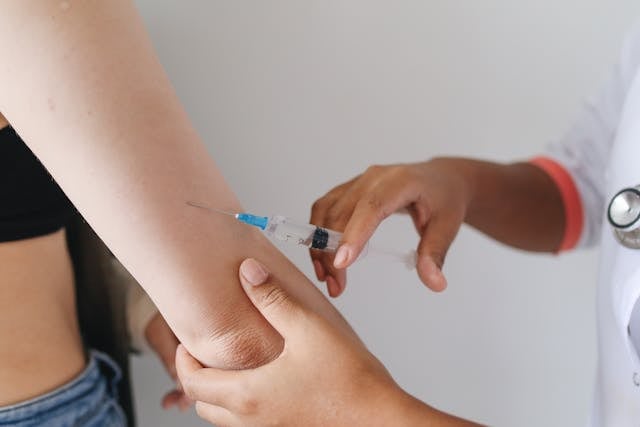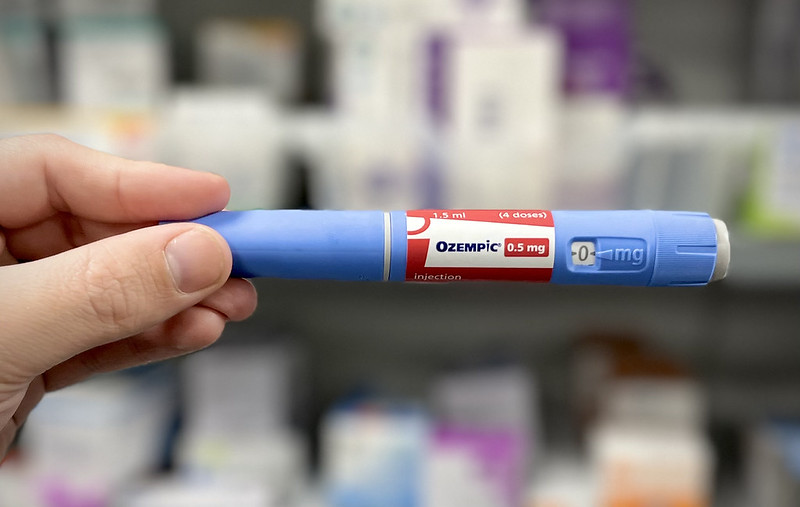The U.S. Department of Health and Human Services has reinstated the Task Force on Safer Childhood Vaccines, a federal panel that was disbanded in 1998. This revival follows legal pressure, including a lawsuit funded by Children’s Health Defense, an organization previously led by current HHS Secretary Robert F. Kennedy Jr., alleging violations of the 1986 National Childhood Vaccine Injury Act.
As someone who’s watched vaccine tech evolve through multiple generations, I can tell you this matters for parents wondering about their kids’ shot schedules.
The Task Force is chaired by NIH Director Jay Bhattacharya and is represented by senior leadership from NIH, FDA, and CDC. The task force was created by Congress and focuses on developing and refining childhood vaccines that result in fewer and less serious adverse reactions, improving adverse reaction reporting and related processes, and supporting research to make vaccines safer.
“By reinstating this Task Force, we are reaffirming our commitment to rigorous science, continuous improvement, and the trust of American families,” said NIH Director Jay Bhattacharya in the HHS announcement. “NIH is proud to lead this effort to advance vaccine safety and support innovation that protects children without compromise.”
The HHS announcement does not change the CDC immunization schedule. The task force issues recommendations and reports to Congress; ACIP (Advisory Committee on Immunization Practices) develops vaccine recommendations for CDC. The task force will work closely with the Advisory Commission on Childhood Vaccines (ACCV).
It’s worth noting that NIH historically had no formal role in vaccine safety oversight, which was primarily managed by FDA and CDC. Secretary Kennedy previously sued HHS in 2018 over this task force’s inactivity and has recently made significant changes to vaccine advisory bodies, including firing CDC vaccine advisers.
The current U.S. vaccine safety infrastructure includes multi-phase clinical trials, independent VRBPAC review, and post-licensure monitoring systems like VAERS and the Vaccine Safety Datalink. According to HHS, the task force will provide recommendations to reduce adverse reactions and improve safety reporting and research; it will submit reports to Congress.
HHS states the first report will be transmitted to Congress within two years, with updates every two years thereafter. Some public health experts, including Dr. Peter Hotez and Dr. Paul Offit, have expressed concerns that the task force could potentially undermine vaccine confidence or be used to justify reducing vaccine investments.
HHS’s announcement does not change the CDC immunization schedule. The Task Force on Safer Childhood Vaccines includes senior leadership from NIH, FDA, and CDC. It will submit its first report to Congress within two years, followed by biennial updates. The task force will work with the Advisory Commission on Childhood Vaccines to develop recommendations regarding childhood vaccine safety.This development comes amid a concerning trend of declining childhood vaccination rates in some regions, with measles cases increasing as a result. Public health officials continue to emphasize the importance of immunization while acknowledging the need for continuous safety monitoring and improvement.


















